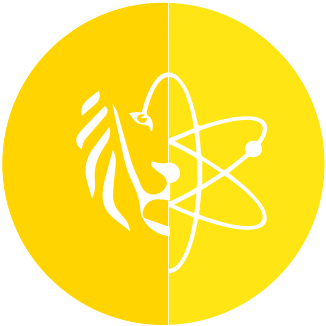Vocabulary for Smart Flanders
Publishing Linked Open Data isn’t all about data. You also need to describe every piece of data for other users.
To describe your data you can use something called: vocabulary, but where do you get these?
The World Wide Web
There are several parties on the World Wide Web which already publish some vocabulary with a nice overview on their website. Vocabulary is most of the time published as a separate Turtle file (or any other format like JSON-LD) while they provide a human readable format (the specification of the vocabulary). You can reuse them in your own Linked Open Data. If you do that, others who already use the same vocabulary can easily read your data and more important: understand your data.
Some examples:
Creating your own
If nothing is available that suits your application, you can always create the vocabulary yourself. In case you have some experts at your disposal you can create immens detailed vocabulary but it’s not always needed to publish some Linked Open Data.
If you want to make your URIs persistent (you really should!), you can use w3id.org or create your own URIs. An example can be found in their Github repository.
Examples
Highly detailed
If you want highly detailed vocabulary you need a team of experts to manage and create the vocabulary. An example of this can be found here.
Sufficient for most of the time
You can limit yourself to RDFS and define some classes and properties like they did for Linked Connections. You can find an example of their vocabulary here.
You won’t get super detailed vocabulary with this approach, but it’s doable for individuals and small organisations who are starting with Linked Open Data.
How did we get our vocabulary?
We found all our vocabulary online including the vocabulary from Toegankelijkheid Vlaanderen (ToeVla). They had a research project a couple of years back where they used Linked Open Data in a mobile app, the app is abandoned, but the vocabulary still exists. We reused it since it mapped easily on the ToeVla data dump we received.
To create a persistent URI for this project we used w3id.org as well. If you go to https://w3id.org/smartflanders, you will land directly on our blog.
Overview
We used several vocabulary sources to publish the building data as Linked Open Data. Below, you can find a list of all the vocabulary sources we used:
- https://schema.org for anything that wasn’t available in the specialized vocabularies
- https://data.vlaanderen.be/doc/applicatieprofiel/gebouw to describe a building. Thanks to OSLO for sharing this application profile that helped us pick the right vocabularies!
- https://data.vlaanderen.be/doc/applicatieprofiel/dienstencataloog, http://purl.org/vocab/cpsv and http://data.europa.eu/m8g/hasChannel to describe a service. Thanks to OSLO for sharing this application profile that helped us pick the right vocabularies!
- OSLO used in combination with the application profiles from OSLO
- https://www.w3.org/2003/01/geo/wgs84_pos for GPS position information.
- https://www.w3.org/ns/dcat# and http://xmlns.com/foaf/0.1/ to create a structured catalogue
- http://semweb.mmlab.be/ns/wa# for the ToeVla data
